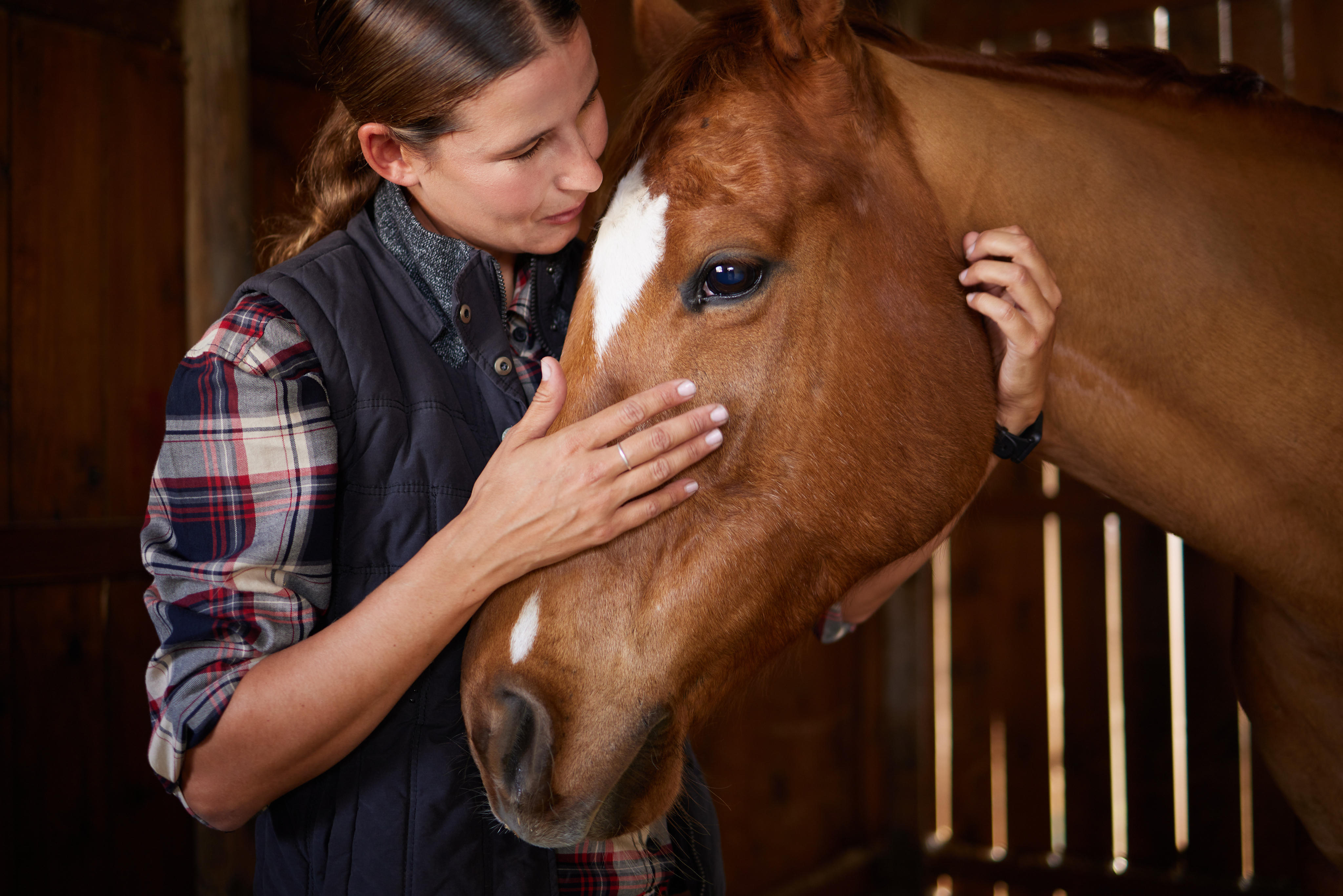Disease Overview
Canine parainfluenza virus (CPIV) is a highly contagious respiratory virus and is one of the most common pathogens of infectious tracheobronchitis, also known as canine cough.3 Although the respiratory signs may resemble those of canine influenza, they are unrelated viruses and require different vaccines for protection.
Merck Animal Health Solutions
Nobivac® Intra-Trac®₃
NOBIVAC® Canine 1-DAPPv
NOBIVAC® Canine 1-DAPPv+Cv
Nobivac® Canine 1-DAPPvL₂+Cv
NOBIVAC® Canine 1-DAPPv+L₄
Nobivac® Intra-Trac® KC
NOBIVAC® Intra-Trac®₃ ADT
Transmission
CPIV is excreted from the respiratory tract of infected animals for up to 2 weeks after infection and is usually transmitted through the air.3 The virus spreads rapidly in kennels or shelters where large numbers of dogs are kept together.4
Clinical Signs
- Coughing (dry or moist)
- Low-grade fever
- Nasal discharge
- Lack of energy
- Loss of appetite
Risk Factors
- Dogs that come from shelters, rescue centers, breeding kennels, or pet stores
- Boarding at a kennel or doggie daycare
- Visiting groomers, dog parks, or engaging with other dogs on a daily basis
- Dogs that participate in events/competitions
References
- Ford R. Canine infectious tracheobronchitis. In: Greene CE, ed. Infectious Diseases of the Dog and Cat. 3rd ed. St. Louis, MO: Saunders/Elsevier; 2006:55.
- Buonavoglia C, Martella V. Canine respiratory viruses. Vet Res. 2007;38:355–373.




 Go To United States
Go To United States Algeria
Algeria Argentina
Argentina Australia
Australia Austria
Austria Bahrain
Bahrain Belgium (Dutch)
Belgium (Dutch) Brazil
Brazil Canada (English)
Canada (English) Chile
Chile Colombia
Colombia Croatia
Croatia Czech Republic
Czech Republic Denmark
Denmark Ecuador
Ecuador Egypt
Egypt Finland
Finland France
France Germany
Germany Greece
Greece Hungary
Hungary India
India Indonesia
Indonesia Iraq
Iraq Ireland
Ireland Israel
Israel Italy
Italy Japan
Japan Jordan
Jordan Kuwait
Kuwait Lebanon
Lebanon Malaysia
Malaysia Mexico
Mexico Morocco
Morocco Netherlands
Netherlands New Zealand
New Zealand Norway
Norway Oman
Oman Panama
Panama Peru
Peru Philippines
Philippines Poland
Poland Portugal
Portugal Qatar
Qatar Romania
Romania Russian Federation
Russian Federation Saudi Arabia
Saudi Arabia South Africa
South Africa South Korea
South Korea Spain
Spain Sweden
Sweden Switzerland (French)
Switzerland (French) Taiwan
Taiwan Thailand
Thailand Tunisia
Tunisia Turkey
Turkey Ukraine
Ukraine United Arab Emirates
United Arab Emirates United Kingdom
United Kingdom Uruguay
Uruguay Yemen
Yemen Global
Global